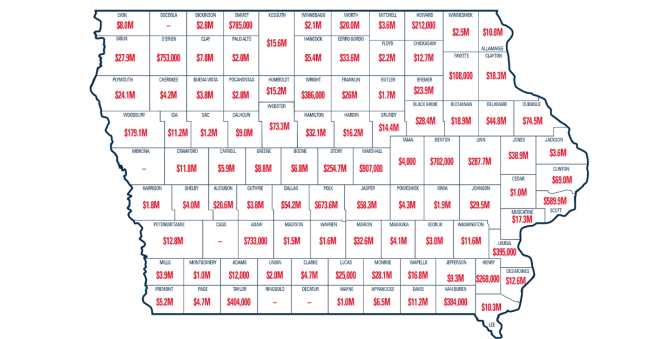New research from The Australian National University (ANU) has revealed the full economic impact US elections have on international financial markets.
Statistical analysis of financial assets in 50 countries shows global stock returns are on average 8.4 per cent lower in the six months leading up to a US election than during non-election periods.
The study, which looked at every federal US election since 1980, also showed prices for US and non-US Government issued bonds increased during the same time period.
Researcher Dr Phong Ngo said the effect was consistent across 36 years of data.
“What you see is that in the six months before elections, on average, there is a significant decline in asset prices,” Dr Ngo said.
“During the Trump election for example, when he narrowed the margins on Hillary, stock markets around the world fell.
“Our research shows this happens more often than not, across multiple markets around the world.”
While it is common for people to attribute such market drops to angst around trade relationships, Dr Ngo said his analysis shows that this is not the determining factor.
“Heading into an election there is always uncertainty around trade, but we found that trade linkages to the US don’t seem to matter,” he said.
“What is driving the effect is exposure to foreign investors. Foreign investors sell off risky assets like stocks and purchase safer ones like government bonds, which sees a shifting in prices.”
Dr Ngo said Australia is likely to be more exposed to this political risk.
“Countries that are more exposed to US and foreign investors are where the effect is strongest.
“Australia is more heavily impacted by this effect due to the high number of international investors purchasing Australian assets.
“Likewise, countries that are more developed and whose capitals markets are more open, are more impacted than developing countries.”
The research paper, Global political uncertainty and asset prices, will be published in the Review of Financial Studies.








